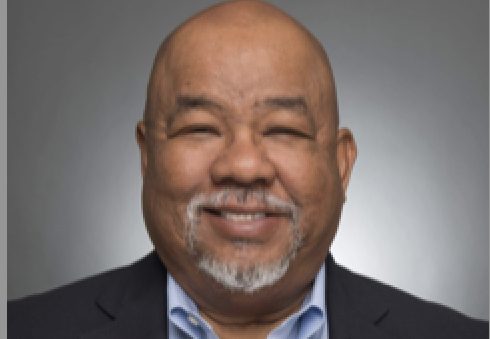
Money for fresh fruit and vegetables for low-income families. Meals for homebound seniors. Gardening and cooking programs for students and their families. These are some of the programs that were being funded by sugary drink taxes enacted in local communities before Big Soda lobbyists forced California to enact a 12-year statewide ban on these taxes through a 2018 “stinky backroom deal” described by the LA Times as “extortion”.
Last month, California Assembly Member Adrin Nazarian (Van Nuys) had the courage to stand up to Big Soda by introducing a bill (AB 1163) that would undo the “backroom deal” and once again allow local communities to blunt the damage inflicted on their communities from sugary drinks. Nazarian’s simple solution would help local communities suffering from budget shortfalls caused by the coronavirus pandemic and health impacts from chronic diseases. Nazarian’s AB 1163 has received the vocal support of brave coauthors, including the powerful Assembly Health Committee Chair, Jim Wood (Healdsburg), and the support of 13 public health organizations, including the American Heart Association.
It’s no secret that sugary drinks are linked to type 2 diabetes, weight gain, and cardiovascular disease. Tragically, over the past year we’ve seen that these underlying conditions can lead to worse outcomes from COVID-19. And while its people suffer, California’s local economies are struggling, too. According to the League of California Cities, cities have lost $5 billion in revenue due to the pandemic and are expected to lose another $1 billion over the next year. The legislature should give municipalities access to every revenue-generating option, especially one that simultaneously improves public health outcomes.
The City of Berkeley’s soda tax is raising $1.5 million annually for its residents, Oakland around $7 million, and San Francisco $15 million.
The coronavirus pandemic has magnified public health disparities in communities of color. These communities have long been the targets of Big Soda’s multi-million-dollar marketing campaigns. Studies have shown that Black children view many more commercials for unhealthy food and drinks than their white counterparts. In 2017, 86 percent more of these ads were viewed by Black children and 119 percent more for Black teens compared to white children and teens. As our state continues to navigate the current public health crisis, the soda industry is continuing to profit from sales of beverages that have made the pandemic worse, meanwhile keeping local elected representatives from enacting a key revenue-generating strategy that could help.
Local governments are uniquely positioned to meet the needs of the people in their communities. They should be able to pass laws that are proven to promote good health, well-being and equity. Next, AB 1163 needs to be heard by the Assembly Revenue and Tax committee. I urge lawmakers to stand up to Big Soda’s extortion and protect the health of Californians.
About the author, Lawrence Jackson:
Lawrence Jackson is a full-time investor and impact entrepreneur, using entrepreneurship as a tool for community restoration, creating sustainable urban ecosystems that break the intergenerational cycles of poverty. He is also an American Heart Association volunteer who serves as chairman of the Inglewood Active Communities initiative.
About the American Heart Association:
The American Heart Association is a relentless force for a world of longer, healthier lives, dedicated to ensuring equitable health in all communities. Through collaboration with numerous organizations, and powered by millions of volunteers, the AHA funds innovative research, advocates for the public’s health and shares lifesaving resources.







